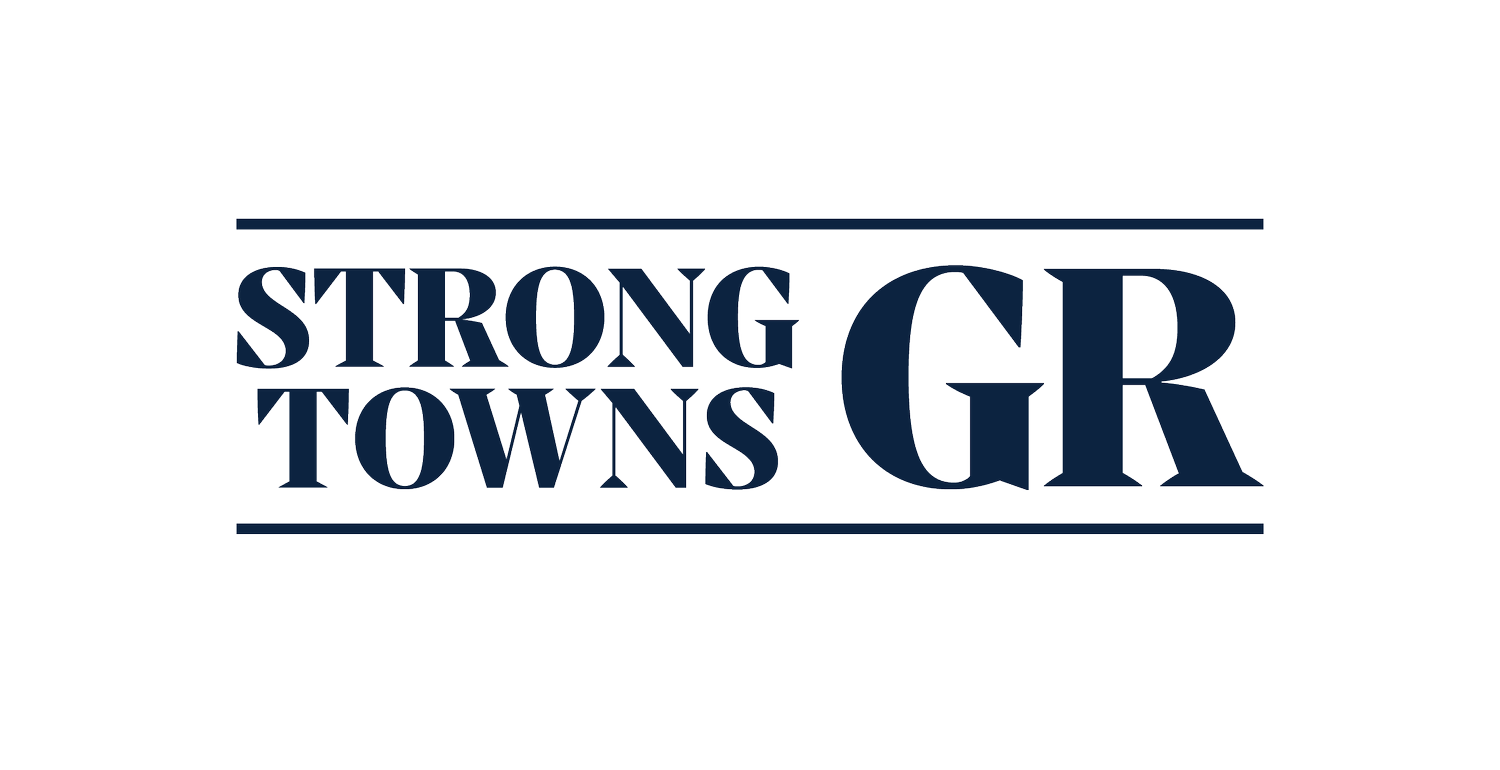Planning Commission: Zoning Changes
To help support the Planning Commission, with the new proposed Zoning changes we are doing an email campaign to the Planning Commission.
See the Planning Commission Agenda here.
To read in to the Zoning Amendments see here.
In summary: Requesting amendment of various sections of the Zoning Ordinance (Chapter 61 of the City Code). Notable amendments modify regulations pertaining to accessory dwelling units, unrelated occupants, group living uses, small scale residential infill and residential parking requirements, all intended to address the need for housing supply, diversified housing types and housing affordability. Other text amendments are intended to provide additional information, clarity, and consistency.
How to make an impact:
Address your email to the Planning Department at: planning@grcity.us
BCC: mayor@grcity.us and your Commissioners- find them here!
Sample Letter:
Title: In Support of the Zoning Changes for 2024
To whom it may concern,
I am writing to express my support for the suite of zoning reforms being presented to the Planning Commission on January 25th, 2024; the Planning Commission should send these changes to the City Commission for their consideration. These include:
Regarding Accessory Dwelling Units: changing from a Special Land Use to a permitted use with Director Review, elimination of related parking requirement, removal of Owner-Occupancy requirement, elimination of height restrictions introduced by the 2018 “Housing NOW” amendments, to be allowed in conjunction with both single and two unit (duplex) residential.
Increasing the number of unrelated occupants permitted in a dwelling from four (4) to six (6).
Regarding Single Room Occupancy (SRO) residences: permitting small SROs [less than seven (7) units] in all residential zones, allowing 7 - 12 unit SROs with Special Land Use with a required Good Neighbor Plan, extending the minimum occupancy period for SROs to 90 days.
Regarding Transitional residential facilities: allowing facilities in low density residential with Special Land Use requiring transit accessibility, a Good Neighbor Plan, and minimum separation from like facilities.
Regarding Small Scale Infill: permitting by Directory Review in Traditional Neighborhood (TN) zones up to six (6) unit residential developments on Link and Network Residential streets as categorized by the city’s Vital Streets program, elimination of large lot requirements for residential developments of six (6) units or less, elimination of Special Land Use requirement to convert a single or two unit residential site to greater density residential.
Regarding Parking Requirements: elimination of parking requirements for residential developments of six (6) units or less located on Link and Network Residential streets as categorized by the city’s Vital Streets program, allowing transit accessibility parking reduction [50%] to be granted when a development is within 0.5 miles of a BRT station or 0.25 miles of a transit stop.
The Housing Next report of 2020 documented a severe housing shortage in the city of Grand Rapids and the surrounding region. Residents have experienced the consequences of this shortage through rising rents, escalating prices of for-sale homes, and limited availability. Residents have faced challenges in both remaining in their own neighborhoods as well as moving to neighborhoods or locations which would best facilitate their prosperity, life-style, and household type. The Housing Next report update in 2023 indicated that this shortage of housing has only become more severe; between this update and the initial report the city fell further behind on needed housing by almost five (5) units per day! The city needs to increase the rate of housing construction now.
Cities from Auckland, New Zealand to Minneapolis, Minnesota have demonstrated that land-use reform is an important component in increasing housing supply, and that increasing supply contributes to moderating rent and housing cost increases. Fear of change in neighborhoods is understandable, yet the status-quo is already changing our neighborhoods. The status-quo is inhibiting the adaptation of our neighborhoods to new economic and social conditions, such as the nation wide decrease in household size, work from home, remote work, and an aging population.
The proposed changes represent rational and incremental steps in addressing the ongoing and severe shortage of housing in our city.
Thank you.
